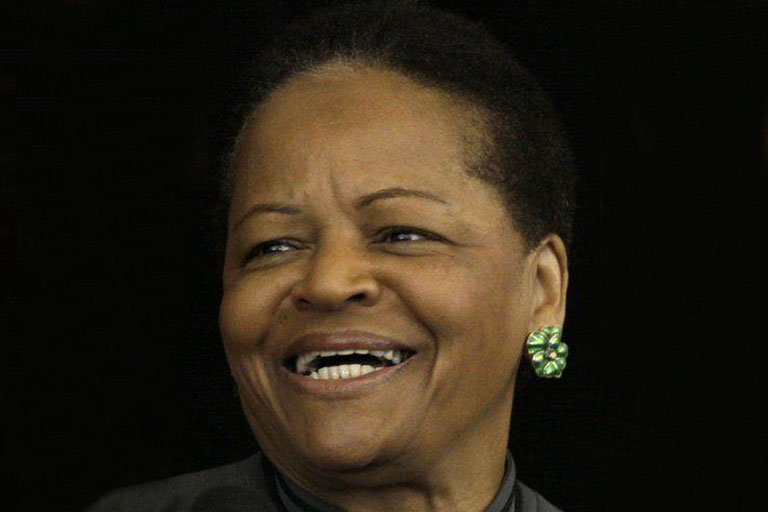So is blackface still a thing in 21st century America? You bet it is! Sadly, since it emerged in the post slavery/Jim Crow period as the most popular entertainment outlet for the white working class, blackface has retained remarkable staying power. Almost every month we witness yet another white person — college student, celebrity, politician, talk show host, housewife, average Joe partyer — become entangled by blackface reproductions or ill-informed pontifications.
History tells us that white showmen who smeared their faces with cork and wowed audiences with renditions of “darkey” plantation melodies and dances were rock stars of their day. Their performances were meant to caricature black people and “keep in their place,” those who dared to test their new freedom. Blackface minstrelsy so defined American popular culture that black entertainers who performed for these same audiences were forced to cork-up to imitate white imitators. When motion picture “talkies” came along in 1929, vaudevillian Al Jolson took the blackface craze to the silver screen. In “The Jazz Singer,” he played a cantor who yearned to sing like Negroes and, decked out in full blackface, bellowed out love for his “Mammy.” Walt Disney cartoons kept blackface alive and popping in the 1930s — Mickey Mouse included. The preoccupation with blackness — blackface and supposed black speech and dress — for comic effect took up lots of space in children’s books and other popular literature. Even the original Mary Poppins novel (1934) and the celebrated Disney movie (1961) did not resist its allure.
Appropriation or “covers” of black music by white singers topped the hit parade of the 1950s-’60s (who can un-hear Pat Boone’s version of Little Richard’s “Tutti Frutti”?). These efforts were attempts to “clean up” the negative image of blackface and make black music acceptable to the white middle class.
Wasn’t or isn’t blackface all just harmless fun… for white people, that is? Actually, blackface and imitations of stereotypical black behavior arise from envy of a culture that is supposedly despised. “Love and Theft “ is what scholar Eric Lott calls it in his groundbreaking book. Blackness conveys joy of life, exuberant self-expression, comfort and, yes, freedom to the many who continually embrace this persona. Ridicule gives cover to something more fundamental that is missing in their own lives.
Like Al Jolson so many years ago who loved and yearned for his mammy, this primal longing is difficult to abate. Marketers know that foundational American brands like Uncle Ben and Aunt Jemima evoke similar feelings.
We should consider these underlying psychological issues as we access just how far we have come as a nation.
This guest column was written by Audrey T. McCluskey of Bloomington, who is a professor emerita at Indiana University-Bloomington for The Herald Times here: https://www.hoosiertimes.com/herald_times_online/opinion/columns/the-persistence-ofblackface/ article_ebaa49da-a753-5f87-af30-cbbe3c2b0fc3.html


